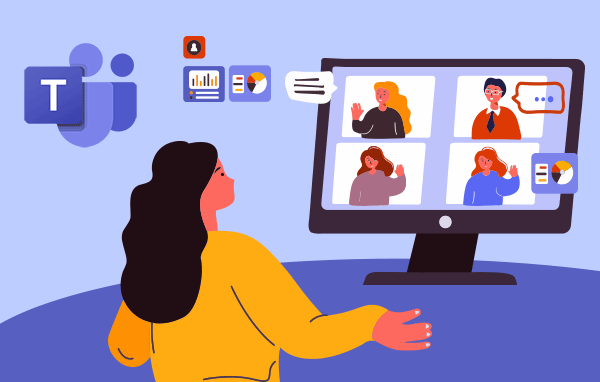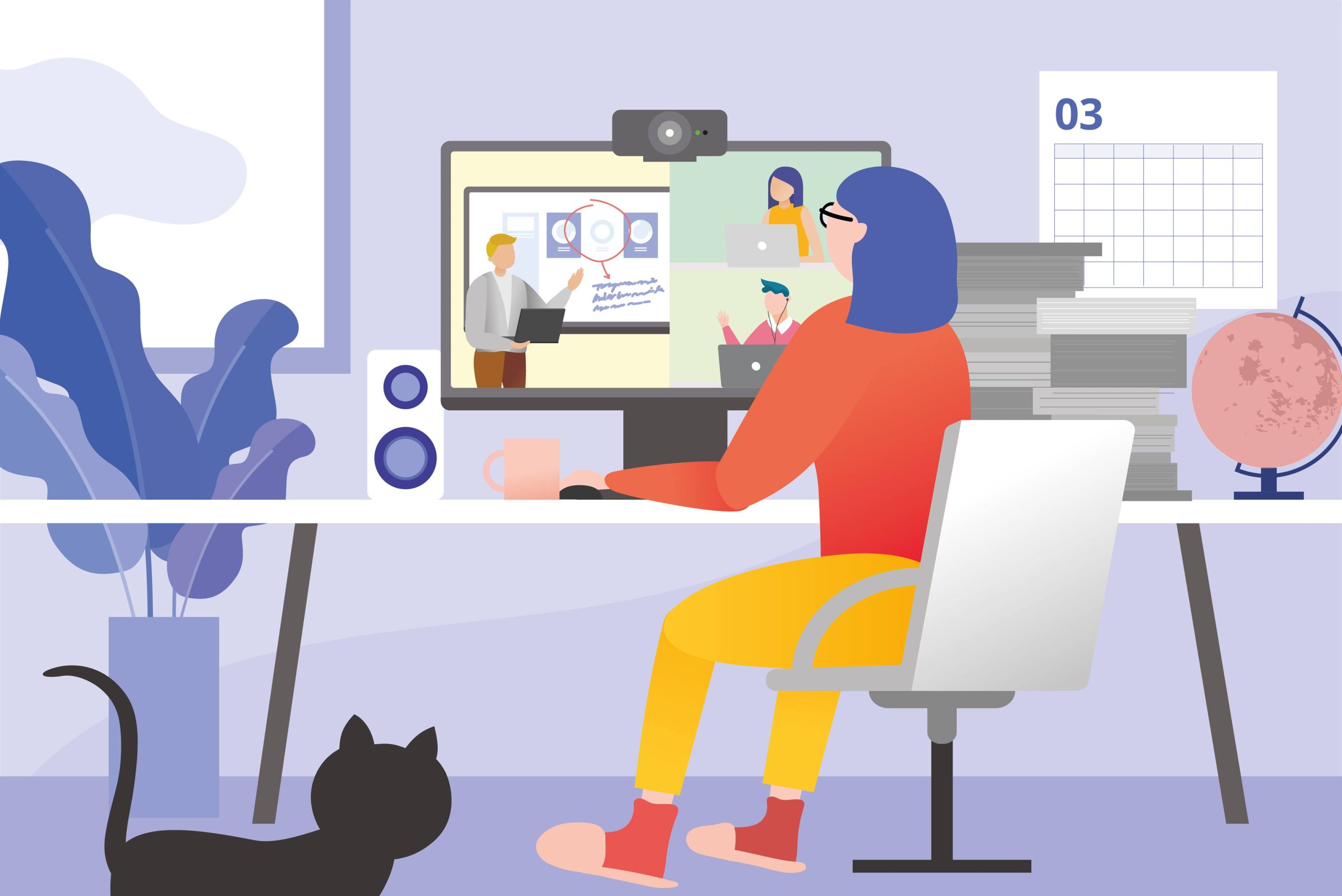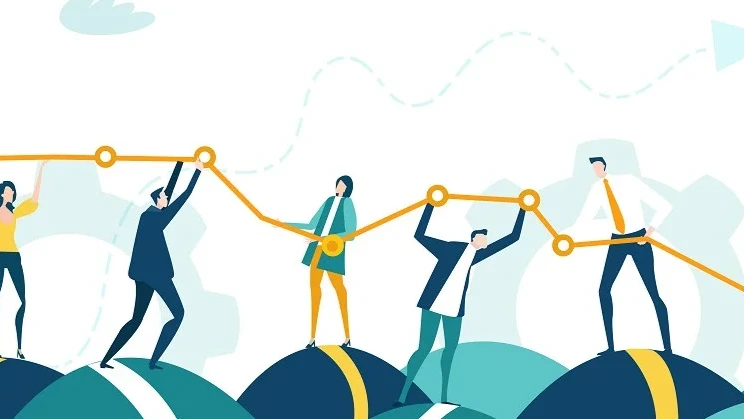In a labor market that is changing faster than ever, one question keeps coming up: what skills are truly needed to remain employable in the age of AI? Today, two essential pillars determine employability: AI readiness (the ability to work with artificial intelligence) and soft skills.
Technologies are evolving rapidly, and no one can master everything. However, everyone can learn to use AI, collaborate effectively, solve problems, and adapt. According to the World Economic Forum 2025, 44% of workers’ skills will need to evolve. Employers are looking for talent capable of understanding, interacting with, and co-creating alongside technology.
This article answers the questions people are asking: What is AI readiness? Why are soft skills crucial? How can you prepare practically? And most importantly: how can technology and human skills be combined to remain competitive?
What is AI readiness, and why has it become essential?
How can AI readiness be defined simply?
AI readiness is the ability to understand, use, and adapt to AI in daily work. It doesn’t require coding skills, but it does mean knowing how to use tools, analyze results, and stay curious.
Three key components:
- Digital skills: knowing how to use AI tools like ChatGPT or Copilot.
- Continuous learning: training and experimenting regularly.
- Tech confidence: understanding AI’s strengths and limitations.
According to McKinsey 2024, 70% of jobs will incorporate some form of AI by 2030, making AI readiness a core skill.
Which AI tools and skills must employees master?
What AI tools are essential today?
Must-have tools:
- General AI assistants: ChatGPT, Gemini, Claude.
- AI office tools: Microsoft Copilot, Google Workspace AI.
- Data AI: Tableau Pulse, Power BI.
- Sector-specific AI: enhanced CRM, ATS, ERP systems.
According to Gartner, 60% of administrative tasks can be automated. Employees who master these tools become immediately more productive (up to +30% according to Microsoft).
Why are soft skills becoming more important than technical skills?
Which soft skills are essential in the AI era?
Soft skills are the competitive advantage AI cannot replace. According to the World Economic Forum 2025:
- Critical thinking
- Complex problem-solving
- Clear communication
- Creativity
- Emotional intelligence
- Adaptability
LinkedIn Workplace Report: 89% of recruitment failures are due to a lack of soft skills, not technical skills.
How to combine AI readiness and soft skills to become more employable?
What is the right balance between human and technological skills?
Modern employability relies on a complementary duo: AI amplifies your technical abilities, and soft skills amplify your human impact.
Concrete example: AI can generate ideas, but only a creative person can turn them into strategy.
Simple model: “2 pillars + 1 bridge”
- Pillar 1: AI readiness = knowing how to use tools.
- Pillar 2: Soft skills = knowing how to collaborate and adapt.
- Bridge: combining both to solve problems.
According to BCG 2024, professionals who master this combination are up to 50% more likely to land a well-paid job.
How to develop your AI readiness in 30 days?
Practical steps to start now:
Week 1 – Discovery: Test 2–3 simple AI tools.
Week 2 – Productivity: Automate repetitive tasks.
Week 3 – Creation: Generate presentations, scripts, ideas.
Week 4 – Performance: Optimize decision-making and create an AI portfolio.
In one month, productivity can increase by 40–60% according to Microsoft.
How to strengthen your soft skills in an AI-driven world?
How to improve soft skills daily?
Simple practices:
- Communication: rephrase, simplify, clarify.
- Critical thinking: ask three questions: why, how, what evidence?
- Creativity: use AI as an ideation partner.
- Emotional intelligence: practice active listening every day.
- Adaptability: test a new tool or method each week.
According to Harvard, professionals strong in soft skills improve team performance by 12–15%.
Modern employability no longer relies on degrees but on the ability to evolve with technology while staying human. AI readiness makes you faster and more efficient. Soft skills make you more creative and collaborative. Together, they create a profile that is almost impossible to replace.
Investing in these two pillars today ensures success tomorrow. The best time to start was yesterday. The second best is now.
FAQ – Common questions on AI readiness and soft skills
No. It’s about understanding and using AI, not programming it.
ChatGPT, Copilot, Notion AI, and Google Workspace AI cover 80% of professional needs.
Yes, they improve with practice: communication, creativity, listening, critical thinking.
Some tasks will disappear, but roles combining AI + human intelligence will multiply.
If you use AI to analyze, create, automate, or make decisions, you are on the right track.
Because they are deeply human skills AI cannot replicate: emotion, creativity, persuasion.
With a structured plan, 30 days is enough to reach an operational level.
Yes, AI can serve as a coach, mirror, or training tool for communication and creativity.

👉 Contact us to discuss your project and avoid the pitfalls of international outsourcing, or explore our tech platform at: www.breedj.com




